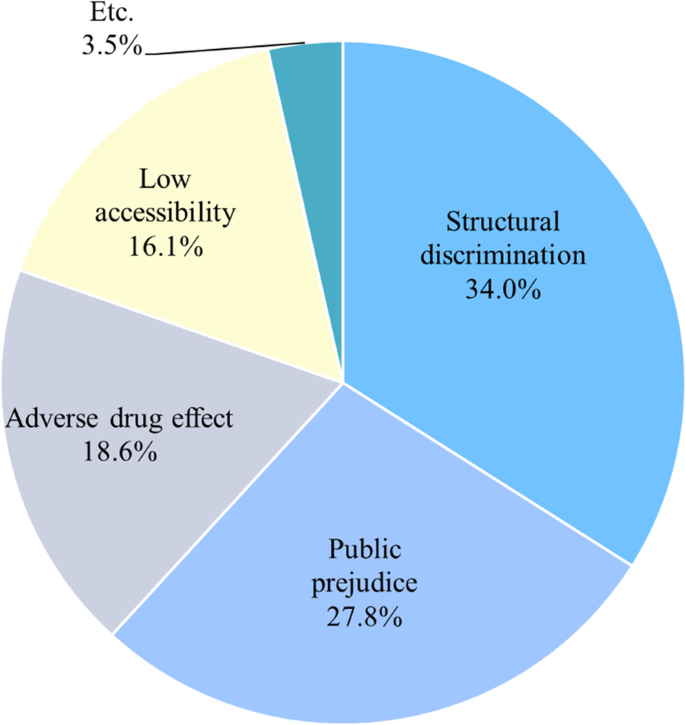Breaking the Stigma Surrounding Mental Health in South Korea

A recent survey conducted by our publication in collaboration with Seoul National University's Health Culture Project has revealed alarming trends in mental health among South Koreans. As of March 27, 2025, nearly half of the respondents (49.9%) reported experiencing feelings of depression, a significant increase from 26.2% in 2021 and just 11.5% in 2018. Furthermore, the number of individuals contemplating self-harm has surged from 4.6% in 2018 to 22.2% this year.
Despite these troubling statistics, a staggering 88.3% of participants indicated that they tend to dismiss their mental health struggles, believing they can manage on their own. Additionally, 25.7% admitted to not confiding in family or friends about their feelings.
Experts warn that neglecting mild depression and avoiding professional help can lead to more severe mental health issues. Professor Yoon Young-ho, head of the Health Culture Project at Seoul National University, emphasized the need for a collective approach to mental health, urging government, businesses, and educational institutions to work together as a unified team.
Many individuals, like 26-year-old office worker Kang, have refrained from seeking help due to fears of stigma and misconceptions about mental health treatment. Kang, who has struggled with anxiety and depression stemming from family issues for five years, believed that mental health clinics were only for those with severe conditions. This sentiment is echoed by 71.5% of survey respondents who stated they would not seek treatment even if their mental health deteriorated.
The fear of social isolation and discrimination remains prevalent, with 88.7% of respondents believing that having a mental health treatment record could hinder their job prospects. Common reasons for feeling depressed include financial difficulties (22.2%), workplace stress (20.6%), and interpersonal relationships (12.7%).
The stigma surrounding mental health issues has led to the emergence of 'shadow patients'—those who suffer in silence. For instance, a 27-year-old law student shared that after a single counseling session, he stopped attending due to concerns about future employment.
Despite the confidentiality of mental health records, many remain apprehensive about seeking help. A pregnant woman expressed her reluctance to discuss her symptoms with her husband, fearing judgment from her in-laws and parents. Dr. Jang Won-seok, vice president of the Korean Society of Mental Health, noted that even children and adolescents with ADHD often avoid treatment due to fear of ridicule.
Misconceptions about psychiatric medications persist, as illustrated by a 30-year-old office worker who discontinued his antidepressants after a week, fearing they would dull his senses. Financial concerns and a lack of information also deter individuals from seeking help, with 45% believing their issues would improve over time.
The survey highlighted a demand for mental health services, with 73.8% of respondents advocating for free psychological counseling and 45% calling for mental health education. Professor Yoon urged that just as physical ailments prompt immediate medical attention, mental health requires early diagnosis and ongoing treatment, calling for a collaborative effort from all sectors to foster a supportive environment for mental well-being.
What do you think?
0 reactions





